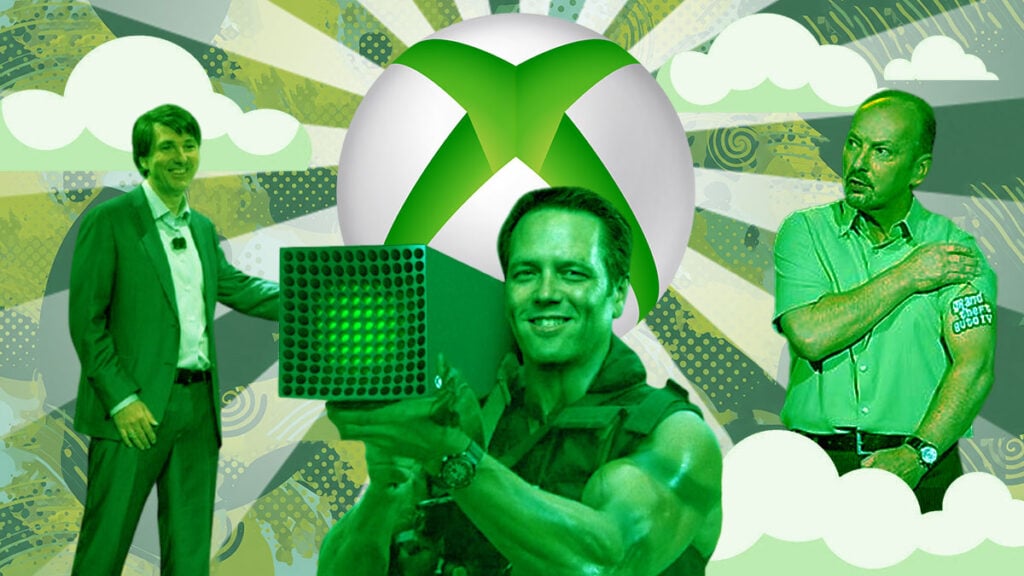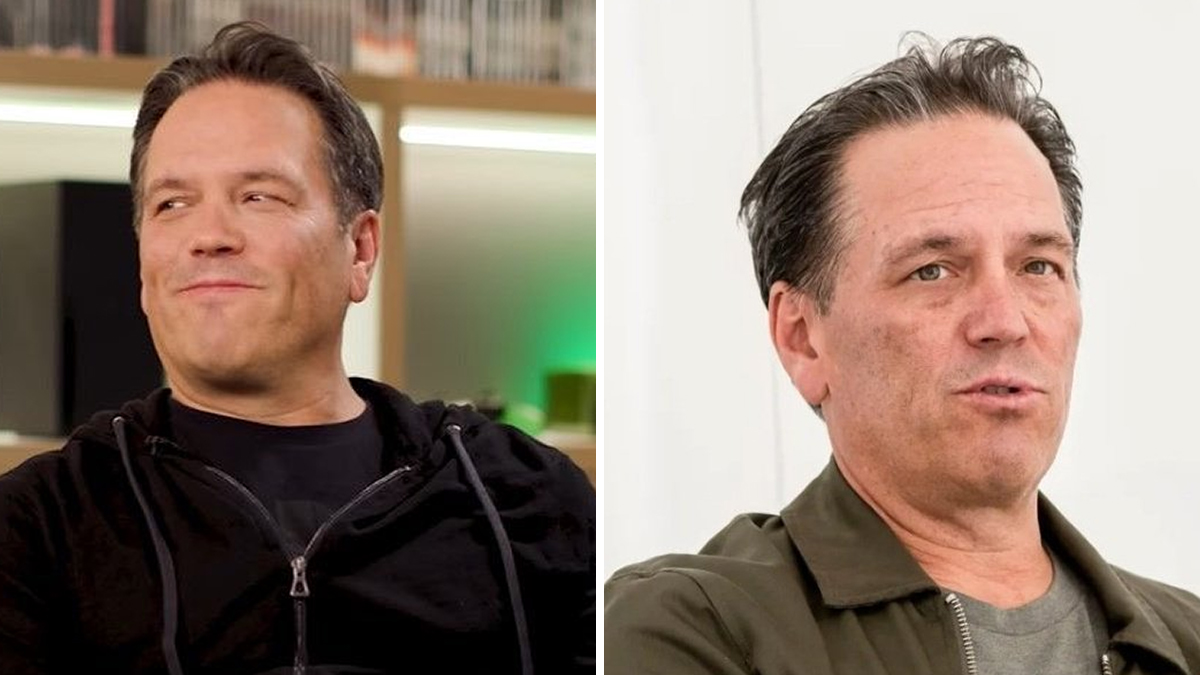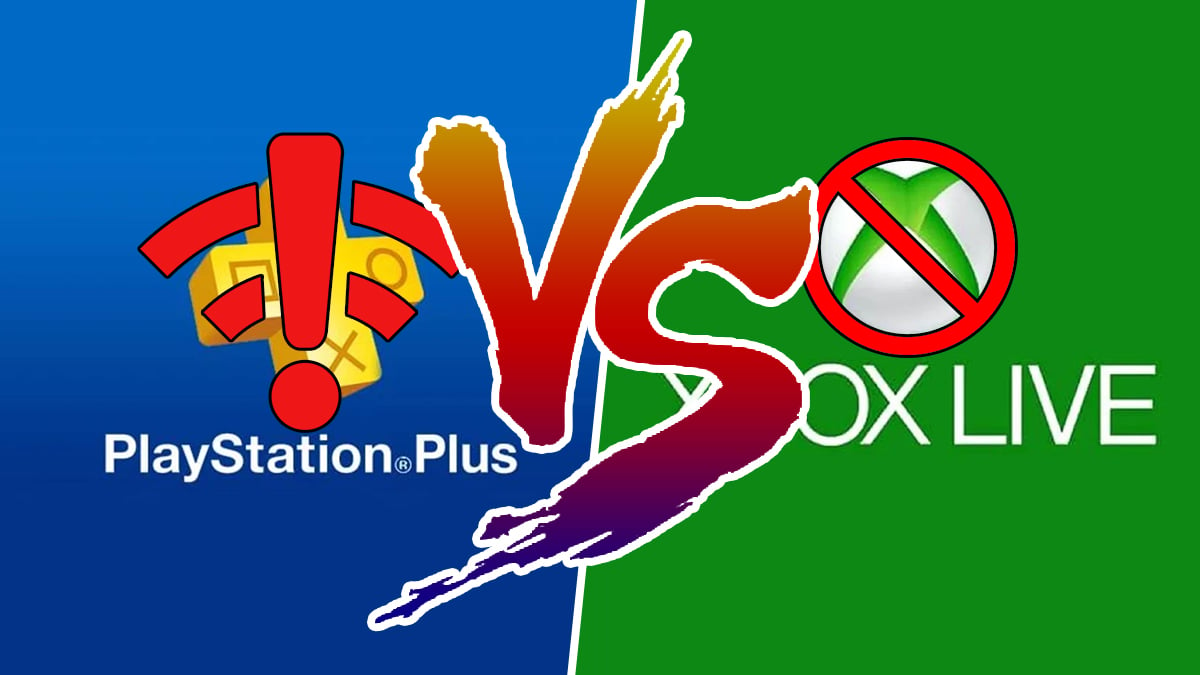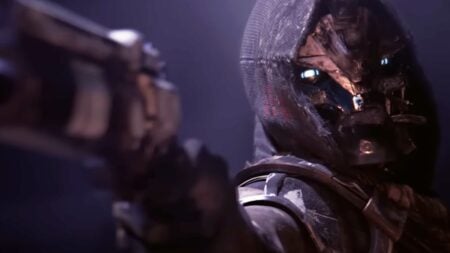Skip To...
The Xbox name has been through more ups and downs than a bouncy Warthog in a Halo match. Since its launch in 2001, Microsoft‘s gaming division has had name changes and a rotating cast of corporate leaders. Each tried to steer the green ship through console wars, hardware problems, and PR disasters. Some were seen as visionaries, but some, not as well respected and became a mere footnote in gaming history. Here are our rankings of the key executives who have helmed the Xbox brand as a boss so far, for better or worse.
6. Don Mattrick (President of the Interactive Entertainment Business, 2010-2013)
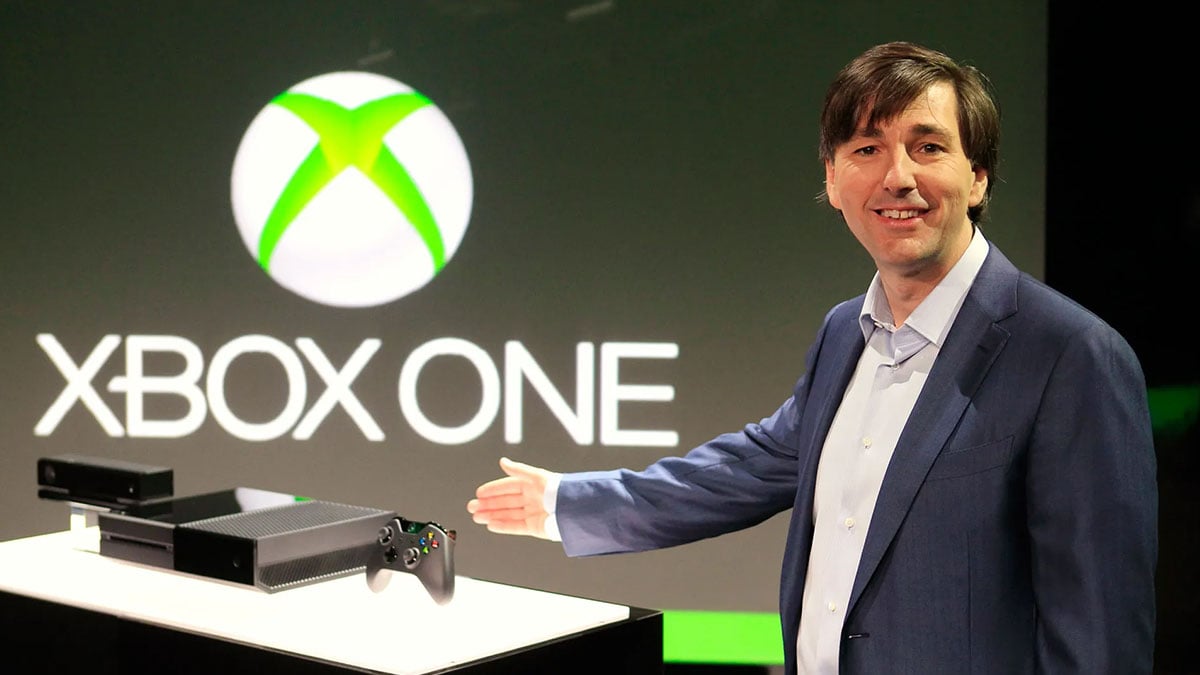
Remember Kinect? Well, Don Mattrick was the one who initiated that project and even invited Stephen Spielberg for a demo back in 2009. Unfortunately for him, he walked into E3 2013 with an Xbox One in hand and strutted out carrying the weight of the entire internet’s rage. He had the ‘pleasure’ of announcing that Microsoft’s latest console will have online-DRM, the ability to restrict physical game sharing, and mandatory Kinect activation.
Hours later, PlayStation even made fun of the studio with a 20-second video showing how easy it is to share physical discs. In a now-legendary interview, Mattrick even told people without stable internet to “just keep playing Xbox 360.” Seriously, it was an E3 to remember!
He bailed on Microsoft shortly after the backlash, making the jump to Zynga — yes, that Zynga. Looking back now, it’s almost funny to realize Mattrick’s always-online vision was arguably just a decade too early.
5. Terry Myerson (Head of Windows and Device Group, 2014-2015)
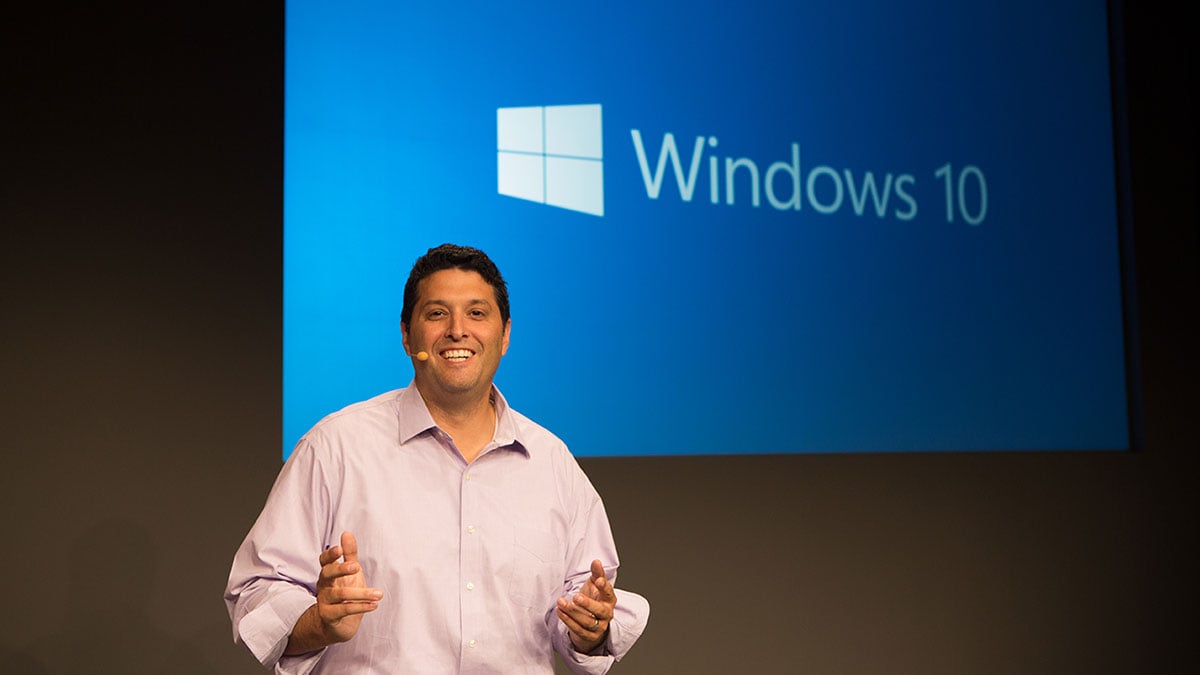
Terry Myerson’s tenure was brief and a little awkward, largely due to Microsoft’s 2014 shake-up that placed the Xbox division under Windows. While he probably didn’t make a blip on gamers’ radars, Myerson did lay the groundwork for a unification of the Xbox and PC ecosystems.
During his leadership, the company made sure the Universal Windows Platform (UWP) worked and Xbox Play Anywhere became a reality. Still, under Myerson, the Xbox brand felt more like a part of a boring spreadsheet instead of a gaming icon. Which isn’t a bad thing by any means if you’re a developer, but a complete snooze for gaming enthusiasts.
4. Julie Larson-Green (Head of Devices and Studios Engineering Group, 2013–2014)
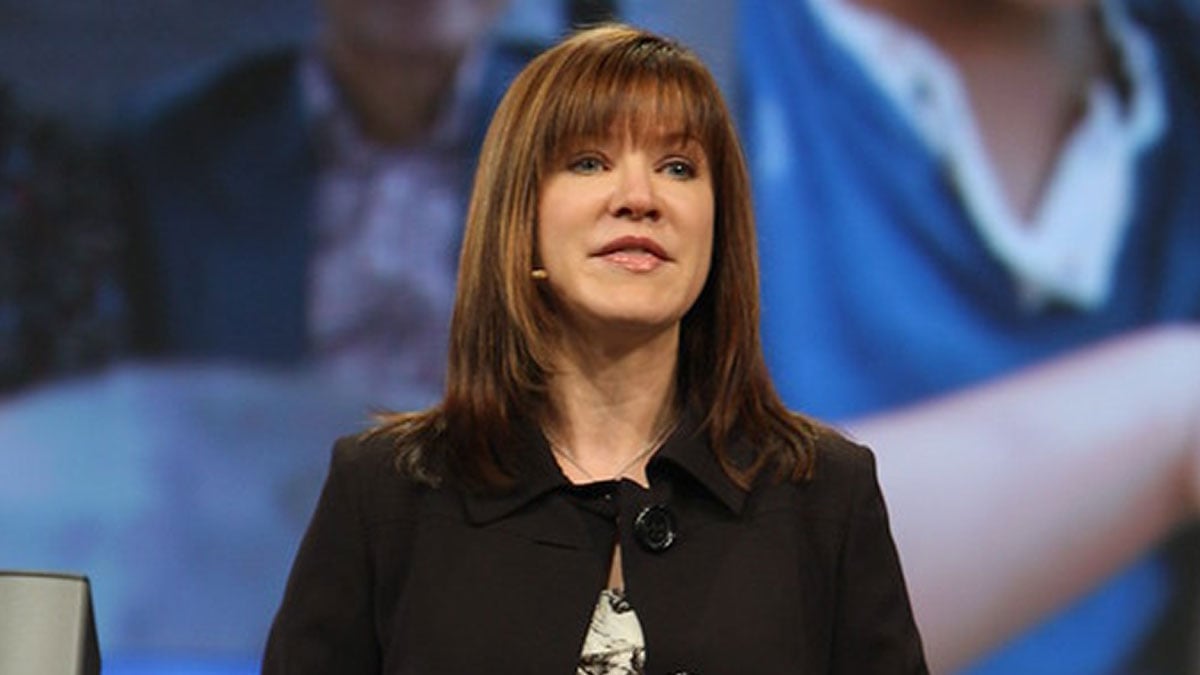
Julie Larson-Green swooped in during Xbox’s absolute darkest PR hour — right after Mattrick’s infamous remark. She wasn’t a “games person” by any means, but she was a respected product and UI expert. And boy, did Xbox need a product makeover after that blunder.
Under her watchful eye, Xbox finally dropped its obsession with Kinect. It also embraced the sleek Metro UI that practically became the foundation of the current minimalistic design movement. She did the unenviable task of damage control and nailed it despite her name barely leaving a mark in gamers’ minds.
However, Green also oversaw the quiet demise of several projects. Such as Project Spark, Fable Legends, and Xbox’s weird fling with live-action TV: Xbox Entertainment Studios.
3. Phil Spencer (Head of Xbox and Gaming Division, 2014-now)
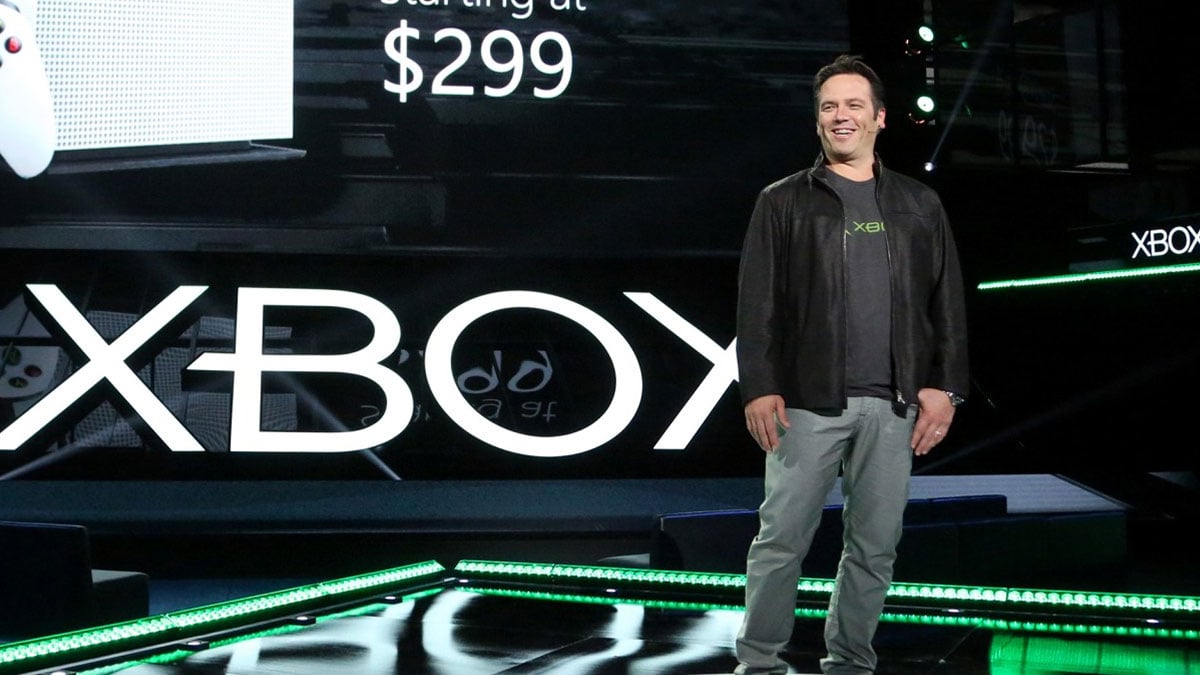
Phil Spencer is the kind of guy you’d actually want to invite for a Halo match and grab a beer with — and he might actually join you! He brought back gamers’ trust in the Xbox brand with unthinkable initiatives like backwards compatibility and the innovative adaptive controller. He launched Xbox Game Pass, arguably the best deal in gaming. Spencer also proceeded to buy half the industry with the Bethesda and Activision-Blizzard takeover.
He even sent shockwaves by putting Xbox games on PC — and now, even on Switch and PlayStation! Uncle Phil basically killed decades-long console wars in just a couple of years.
But of course, it hasn’t been all flawless victories. Hardcore Xbox fans feel a bit betrayed when legacy IPs like Conker, Battletoads, Halo, and Gears keep getting mentioned but rarely see meaningful revivals. Then, since 2024, Microsoft as a whole — including the Xbox division — saw studio shutdowns, mass layoffs, and a noticeable dip in fan morale. It’s like the $80+ billion it spent on massive acquisitions amounted to nothing.
2. Peter Moore (Head of Xbox, 2003–2007)
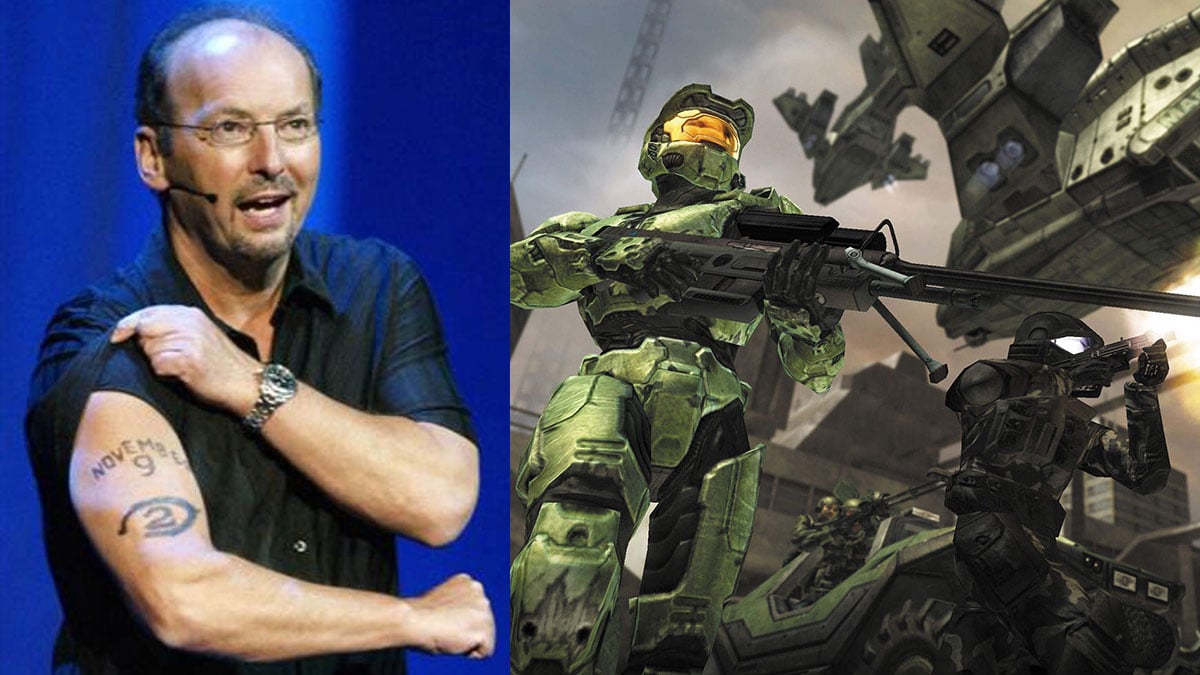
Somewhat mirroring the legendary Steve Ballmer, Peter Moore injected showmanship into Xbox like a hyper-caffeinated ringmaster. This is the guy who announced Halo 2 and GTA 4‘s release dates with tattoos on stage!
Under Moore, Xbox charmed Japanese developers and gave us cult classics like Phantom Dust, Blinx, Lost Odyssey, and Blue Dragon. He was instrumental in shaping the Xbox 360 into a global phenomenon. Well, everywhere except Japan, which barely budged even when the company practically took otaku-centric games hostage.
The Xbox 360 Moore helped launch was also infamous for the dreaded Red Ring of Death, with over a 30% failure rate. Ouch! But despite that massive flaw, he built incredible momentum, loyal fans, and serious buzz before leaving for EA Sports.
1. Robert J. Bach (President of Entertainment & Devices, 1999–2010)
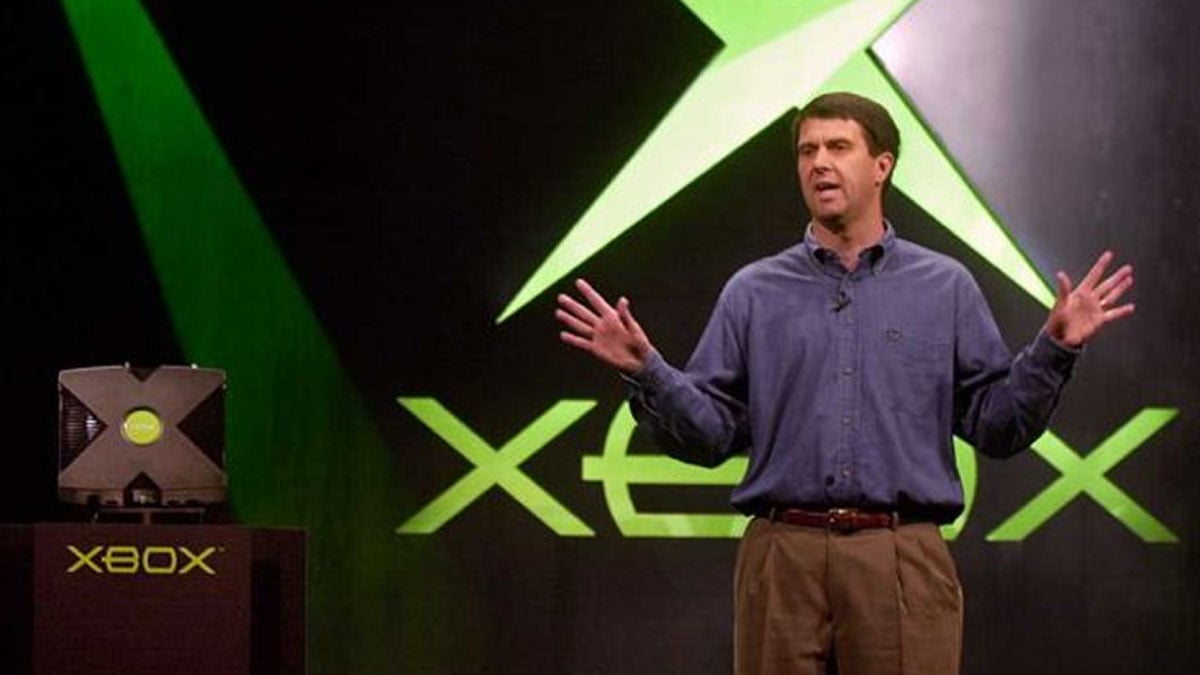
If Xbox were a country, Robbie Bach would be its George Washington. He’s the one who launched the original Xbox in 2001, going toe-to-toe with giants like Sony and Nintendo. He bravely greenlit Xbox Live, laying the foundation for console online gaming. Bach is the one who spearheaded the development of the Xbox 360 as well.
He didn’t just transform Microsoft from the Windows company into a genuine gaming contender, but also brought America back into the console war. A commendable effort considering the devastating industry crash of 1983.
Unsurprisingly, this epic journey came with a hefty price tag. The original Xbox reportedly lost at least a mind-boggling $5 billion to develop. And yes, the Red Ring of Death happened under his watch too, racking up a cool $1.15 billion in repair bills. But if anyone deserves the MVP title, it’s Bach. He built the platform, the network, and the brand from the ground up.
As history shows, Microsoft’s gaming division has been broken and saved more times than Master Chief himself. While Xbox bosses tried to build lasting legacies for the brand, one question remains. With studios closing, exclusives shrinking, and its identity blurring across platforms, how much longer can Xbox keep running?

